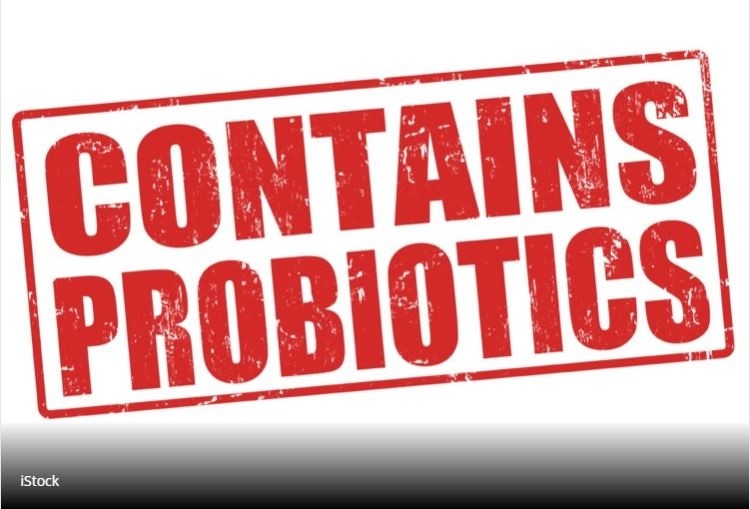Consumers urged to question online probiotic health-benefit claims

Content analysis led by British and Belgium scientists finds that the most frequent types or categories of webpages returned by Google are commercial and news-based.
The team also finds that commercial websites on average provide the least reliable information, and significant numbers of claimed benefits of probiotics are not supported by scientific evidence.
“Most webpages with information on probiotics are from commercial sources or news outlets but these provide the least complete information, in terms of not discussing potential side effects or regulatory issues," writes study lead author professor Pietro Ghezzi, director of doctoral studies at the Brighton and Sussex Medical School, UK.
"We also find many websites allude to benefits of probiotics in diseases for which there is not much high-level scientific evidence, other than in mice."
The team’s findings are met with broad acknowledgement by industry health professionals, who recommend additional research for consumers looking to supplement their diet with probiotics.
"It’s a big problem in the natural product and dietary supplement area,” says Dr Melinda Ring, Osher Center for Integrative Medicine’s executive director based at Chicago’s Northwestern University.
“There's a preponderance of less reputable information from sales and commercial sources. People really need to look at the claims websites are making. Are they promising unrealistic cures? Are they referencing scientific data?"
Study details
Along with Drs Marie Neunez and Michel Goldman, the team began looking at the first 150 webpages brought up by a Google search for "probiotics", noting their origin and the conditions mentioned.
Part of their investigations involved using the Cochrane library to examine the scientific robustness of the evidence supporting the health benefits of probiotics used for these conditions.
"We also looked at how Google ranked these websites, as often the public will not go past the first ten results - these will therefore have a higher visibility and impact.” explains Dr Goldman, a professor at the Institute for Interdisciplinary Innovation in healthcare, Université libre de Bruxelles, Belgium.
The team found that news-outlets and commercial sources made up the majority of the 150 webpages identified by the Google search.
In addition, the findings of experiments on mice were used to make claims about probiotic benefits against disease in humans.
Further analysis of these sites showed them to be the least reliable, with the sites often not mentioning the side effects on immunocompromised individuals nor any regulatory issues.
“Unfortunately, only 25% of webpages (and only 8% of the commercial ones) include safety considerations and refer to possible side effects,” the study points out.
“The assessment by regulatory authorities is mentioned in only 15% of all webpages, and 2% of the commercial ones.”
Claims on the benefits and risks of probiotics in human diseases have not been approved by either the European Food Safety Authority (EFSA) and the US Food and Drug Administration (FDA).
‘Be smart shoppers’
"When it comes to reliable information on probiotics and other dietary supplements, doctors and other health care practitioners are the most trusted sources,” says Andrea Wong, senior vice president of scientific and regulatory affairs for the Council for Responsible Nutrition (CRN),
“CRN encourages consumers to be smart shoppers and do their due diligence when looking for dietary supplement information," she adds.
The team concluded that the high level of uncertainty for most health claims found online, “hinders the rational use of probiotics, leaving the field open to unsubstantiated allegations and misuse.”
“With the growing interest in therapeutic interventions targeting the microbiome, there is a clear need for a new regulatory framework and new policies regarding communication on the benefits and risks of probiotics.”
Source: Frontiers Medicine
Published online: doi.org/10.3389/fmed.2019.00296
“Online Information on Probiotics: Does It Match Scientific Evidence?”
Authors: Marie Neunez, Michel Goldman and Pietro Ghezzi
The rapidly evolving universe of probiotics, prebiotics and the microbiome will be discussed in-depth at the upcoming Probiota 2020 in Dublin on February 10-12.
From microbiome advances, to start-ups, market stats, crucial clinical science and regulatory knowledge, this is a congressional must-have.
Will you be joining your peers in one of Europe’s greatest cities?














